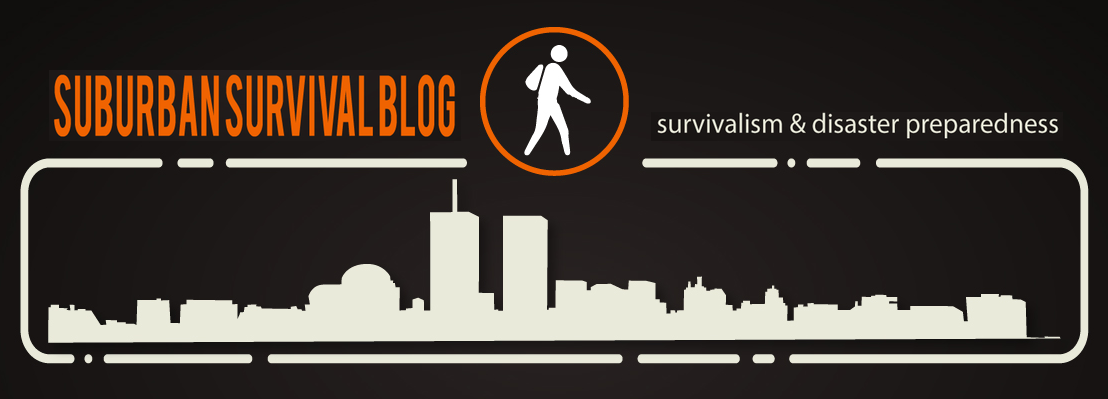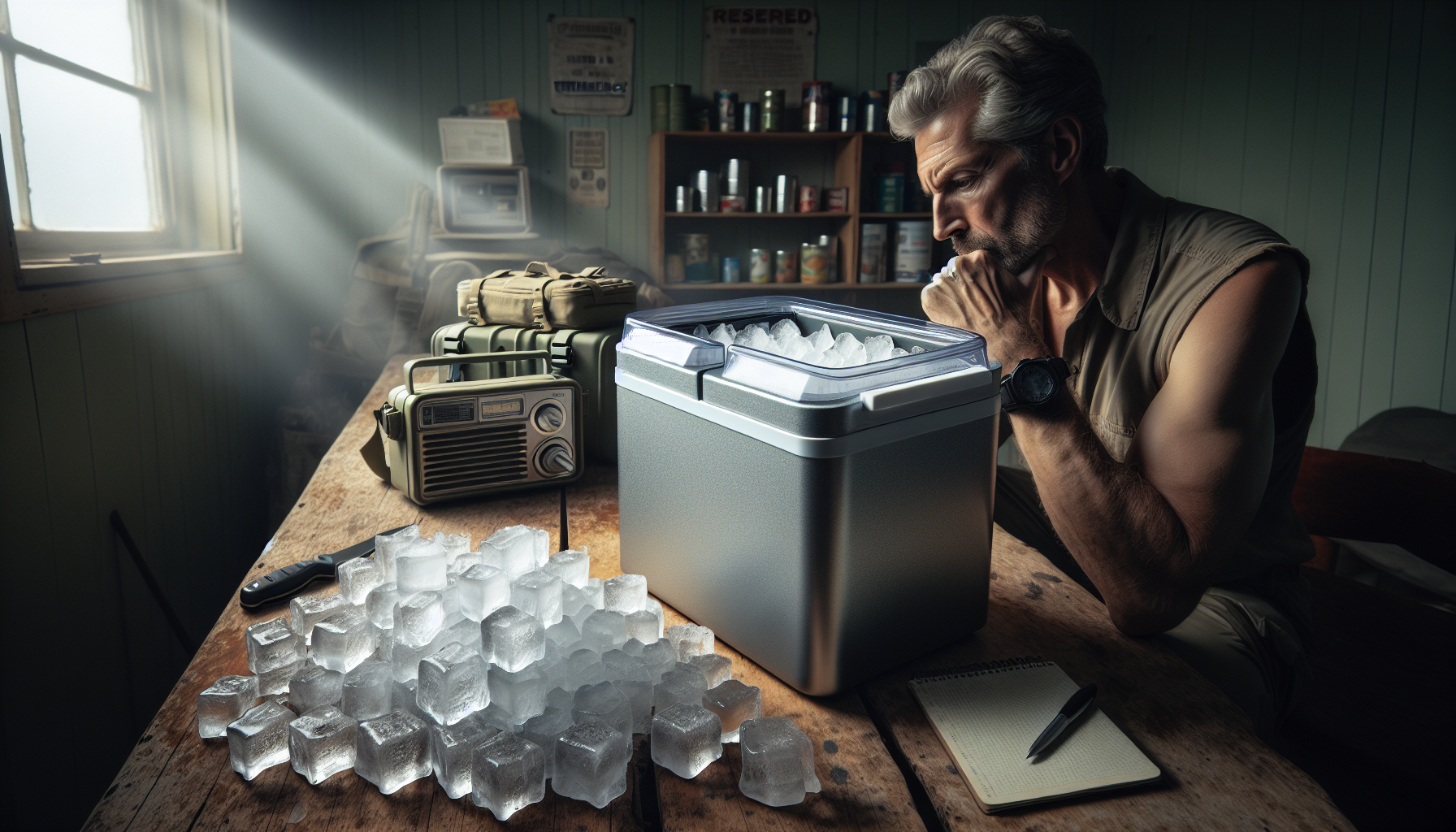When inflation is rising, a lot of people feel the pinch in their wallets. However, inflation is not just rising prices making everything you have less impressive. Inflation can be measured in many different ways.
Income inflation measures how fast prices are rising compared to income growth per worker and family. For example, if inflation is 2%, but employees get a 3% raise each year, your purchasing power is slowly being eroded away. Using this measurement inflation averaged 1.9% annually from 1991–2005 while median household incomes rose 38%.
Source: Bureau of Labor Statistics — Median Weekly Earnings and Inflation
In the 1970s inflation was as high as 11% and real wages fell from 1945 to 1980, resulting in a net loss for American families, especially those who were not financially affluent.
So What is Inflation?
Inflation is a rise in the prices of ALL products, even if one specific product rises faster than inflation (aka hyperinflation). For example, housing inflation has been rising much slower than inflation but the average price of homes sold is higher today than it was during the mortgage crisis because people can’t afford houses and rents go up (supply and demand.
Inflation is not just higher prices with inflation, it’s a reduction in the value of money over time. Inflation is caused by too much money in circulation chasing after too few goods. As inflation rises, people hold onto their money for dear life because they know inflation will eat away at its value and want to spend it before inflation eats away anymore. This causes a recession, where people stop buying things and all the producers must fire workers to cut costs (recession:
What does this have to do with prepping? A lot… Inflation and recessions hurt people and the economy who don’t have savings to fall back on in tough times.
What about inflation’s effects on shrinkflation? Shrinkflation may be a cool sounding word, but it has a pretty harsh effect: inflation without an increase in pay usually leads to recession or stagnation (where inflation is higher than your income):
“This means that when inflation rises, producers simply reduce the amount of product they sell, passing the cost onto consumers while maintaining the same revenue and profit margin.”
So what does this mean for you? Today (January 2022) we have an effective inflationary rate of 7%, and that might be higher next month. If inflation reaches 10% and wages do not rise, inflation erodes purchasing power by 10% and if inflation reaches 12%, inflation eats away at purchasing power by 12%. The math is pretty simple.
This all means that for a prepper, inflation is a double-edged sword: inflation may help you find MORE things to stock up on because prices will rise, but inflation reduces your buying power. Since you have an interest in being able to buy more items each month with the same amount of money as before inflation (aka getting richer), inflation can be helpful over time.
Now, How About Shrinkflation?
Shrinkflation is simple: inflation without wage increases or at least wage increases lower than inflation. This means that whatever product you are looking for to stockpile will go up in price like normal BUT the amount of product you get will be less, sometimes significantly.
What does inflation have to do with prepping? If inflation hits, prices go up AND the amounts go down. This is exactly what happened in Venezuela, where inflation was so high that people couldn’t afford simple things like bread or meat. A FULLY stocked pantry might not be enough if inflation reaches 10% across the board.
“But inflation is inflation, and inflation is inherently bad. Hyperinflation is inflation that goes UP dramatically, and dramatically quickly. As in the number of inflation soars, which it does when there aren’t adequate goods to buy with your currency. The Venezuelan Bolivar has been losing value pretty much every single week for two years now.”
Why are prices going up? Right now inflation happens because there are too many people chasing after too few jobs, houses, cars, etc. Shrinkflation can happen due to overproduction of a particular good or service OR because items are being manufactured using cheaper materials or processes and packaged in smaller amounts per serving/package (i.e. different ingredients) AND inflation AND shrinkflation are happening at the same time. It’s a double-edged sword for the average person.
For example, chocolate candy bars have fewer pieces, are thinner, and are made of ingredients that are less expensive today than they did 10 years ago (shrinkflation), inflation in the US is high (i.e. 5–6% in 2016) and inflation is even higher in coastal South American nations like Venezuela (3000+%).
This means that preppers need to be smart when trying to stock up on items because inflation, shrinkflation, AND rising prices will make it harder for both preppers and non-preppers to buy the same items you are buying. This means there will be shortages in stores, including but not limited to at your local warehouse store where people flock when they feel inflation coming.
“Warehouse clubs like Costco Wholesale Corp., BJ’s Wholesale Club Inc. and Sam’s Club have thrived during inflationary times because shoppers are drawn to the cheaper prices on a wide range of bulk items.” Although, I have personally noticed prices going up $2.00 here, and $4.00 there at my local Costco
The inflation rate is going up in most places, not just South American countries.
“Inflation Calculator — This inflation calculator uses the Consumer Price Index (CPI) data provided by the Bureau of Labor Statistics.”
In order to know inflation is happening, you have to watch out for keywords in the news about inflation: price hikes, inflation fears, early signs of inflation, etc. In 2017 there were several articles written indicating how inflation was starting to rear its ugly head:
“TheStreet’s Action Alerts Plus Charitable Trust Portfolio Manager Jim Cramer said, inflation is going to start taking a toll on our wallets very soon.” Although, I feel like this was biased a bit for the day when it was published (trying to keep the politics out of the blog post)…
What happens when inflation hits? When inflation starts hitting hard, people stop buying certain items altogether and the prices for those items may drop due to inflation AND because there are fewer buyers.
In October of 2016 articles about gas being cheaper since 1980 started popping up according to a Fox Business article… However, and conversely, we all know that we were producing oil at an accelerated rate domestically to create independence, and a business model of exporting to other countries, benefiting the United States as a whole.
“The inflation rate is up 7% in the past year alone and we haven’t seen inflation like this since 1989.”
Gas prices, which directly affect grocery store sales (70% of sales are food), had been dropping for months. That’s because inflation hadn’t caught up to gas yet, but it soon did.
Heading into November 2016, inflation was starting to hit and headlines read “Inflation — the silent killer”. This means inflation affected people buying habits AND there was a loss in value of the US Dollar.
What inflation does to you… Remember, inflation is bad.
“If your income doesn’t go up at least as much as inflation, you can quickly find yourself unable to afford even the most basic necessities.”
This means that inflation will cause groceries and other non-luxury items to cost more than they did before inflation started happening. Let’s say inflation is 10% per year. If your salary only goes up 8% each year, then you are actually LOSING 2% worth of buying power each year because inflation increased but your salary didn’t increase enough according to what the inflation rate was.
The same thing happens if there is deflation BUT your salary stays the same. This means your buying power goes up because inflation is lower than your salary.
Don’t be a victim to inflation or deflation, learn what inflation and deflation are, how they affect you, and what inflation does to the economy.
Deflation
Deflation isn’t as bad as inflation Though inflation is considered “bad” for the economy, deflation can actually cause people to hoard items, meaning supply will not meet demand which could lead to shortages. i.e. the great toilet paper and paper towel shortage of 2020?
In early 2017 news articles were popping up about egg prices dropping 80% due to an oversupply of eggs. This meant egg prices dropped but…
“The U.S. is suffering a massive egg glut that has sent prices tumbling to record lows, and the worst may be yet to come.”
The prices had dropped because inflation hasn’t hit eggs just yet, but price inflation will inevitably happen as inflation ALWAYS happens a bit every month since the new administration took office in 2020.
Product Shortages
Inflation can cause shortages If inflation hits an item particularly hard, scarcity of the item could occur due to inflation AND people hoarding items due to inflation. A perfect example of this is gold and silver. Go to any website selling gold and silver today and you will find that they are in short supply… People are consuming precious metals, hedging their bets.
Heading into mid-2016 articles started popping up about how inflation and deflation were affecting the price of gold. Gold prices had been rising since 2015 while inflation hadn’t really caught up with gold just yet because inflation usually happens gradually while deflation can happen rather quickly.
“If inflation starts hitting fast enough, it could cause a shortage in an item through hoarding because people want to get as much money out of their items before they lose value.” We did see this as Covid-19 was hitting and lockdowns began. People hoarded toilet paper, paper towels and other consumables that you would likely require if we were not allowed out of our homes due to a real pandemic or plague.
DF: Here’s a good article explaining inflation and deflation:
IN: Here is another good article on inflation and deflation:
Product Inflation
Product inflation is inflation that affects products you buy so inflation can affect someone buying groceries, but inflation can also affect the price of other non-essential items like cars, electronics, etc.
What Inflation Does to Preppers
There are different ways that inflation and deflation will affect preppers. For instance, prices for silver could increase because silver has many industrial uses which means if there’s more demand for silver due to inflation AND supply may not be able to meet the demand because of hoarding during times of inflation or an item inflation/shortage then prices for silver will go up.
More importantly, food costs have increased dramatically. So, purchasing food for food storage, whether you dehydrate your vegetables, can your meat, or buy freeze-dried, you will be spending more. Spend your pennies wisely and stay vigilant.








